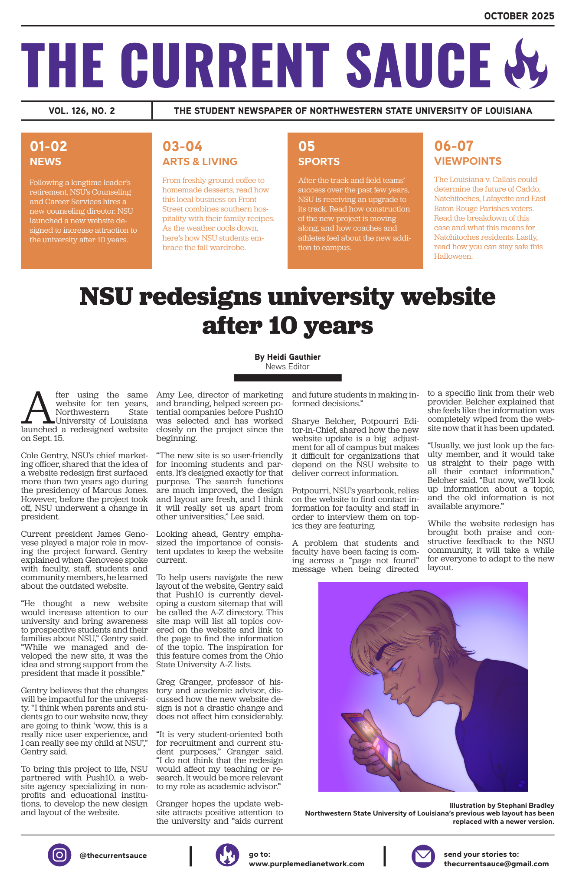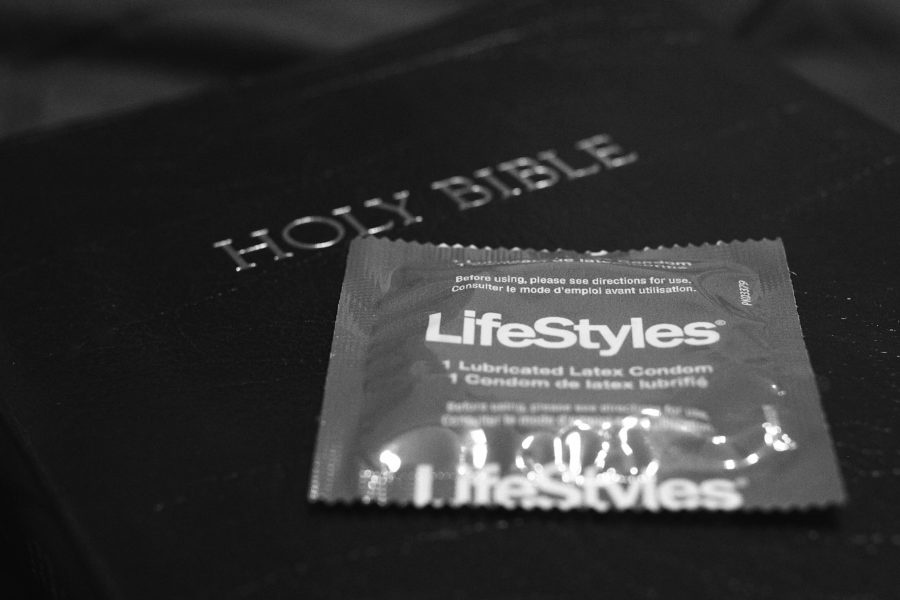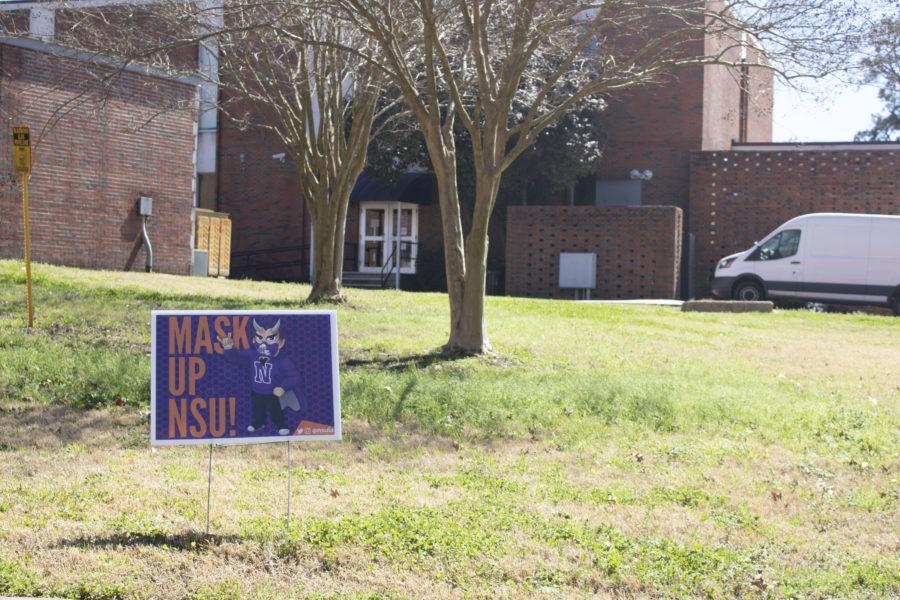Throughout the South, any topic relating to sex has been, for the most part, taboo. Growing up in multiple southern states I witnessed the push for abstinence by those who were supposed to educate my classmates and I firsthand.
As a freshman in high school, I clearly remember a woman who came into my health class and spoke to us about how she felt dirty after having sex and that she was a “born again virgin.” In the same class, the teacher took two pieces of construction paper, taped them together, then pulled the two apart and said the paper is a representation of two people engaging in sex and that no matter how hard one tries you can never get rid of the fact that someone touched you in a way only your spouse should.
In another state, our teachers would show us pictures of maggots eating away at human body parts, but would refuse to answer any questions relating to sex.
What was it about sex that made people cover their ears and run for the hills when simple words such as condoms or birth control were mentioned? It wasn’t until coming to college I realized what the it was:
Religion.
Religion and sex have been intertwined since Eve took a bite from the forbidden fruit, and it is from there that religious leaders latched themselves onto the topic of sex and constantly belittle those who express their sexuality.
The Christian Bible states the following in 1 Thessalonians 4:3-5: “For God wants you to be holy and pure and to keep clear of all sexual sin so that each of you will marry in holiness and honor – not in lustful passion as the heathen do, in their ignorance of God and his ways.”
This passage basically says one should refrain from having any sexual desires or partake in any sexual activity so that one may remain pure for the marriage bed.
What if someone decides to express their sexuality before they get married?
It is that question that reveals the problem involving religion with sex. The push for abstinence-based sex education due to strong religious influence, for example, has led to a lack of proper flow of information.
Louisiana was ranked first among the 50 states in 2016 for the number of syphilis cases and second for gonorrhea and chlamydia, according to the Centers for Disease Control and Prevention. One could argue that those statistics are due to the lack of proper sex education in an abstinence-based culture.
Here’s the thing, though: Waiting until marriage to partake in sex works for some people, but that philosophy does not work for everyone and is something that should not be pushed on the masses.
If people want to partake in sexual activities, no matter their age, they will find someone who is just as willing as they are. In 2015, 24 percent of ninth graders and 35.7 percent of tenth graders in Louisiana reported ever having sex according to the State Health Profile collected by the CDC.
No matter how strongly abstinence-based sex education is pushed, it does not work. High schoolers are going to start having sex when they decide they are ready. Sex education should not be influenced by the religious community; it should be based on facts and discussed in a controlled environment.
Abstinence could be discussed by stating that sex should be saved for committed relationships with someone who you are in love with. It should not be the main topic of educational resources simply because in the main focus of life, people need to be fully informed about all available options.





























